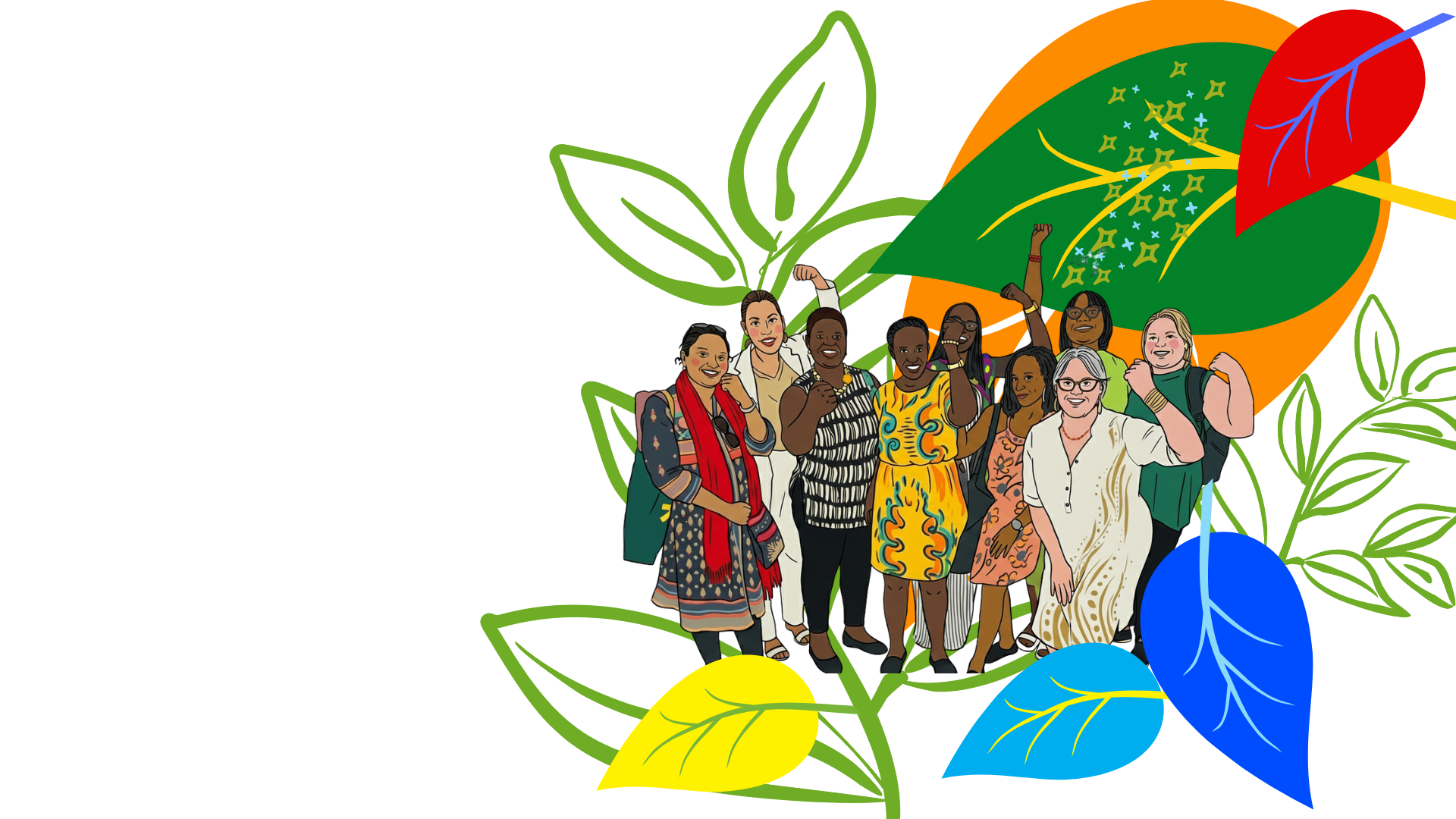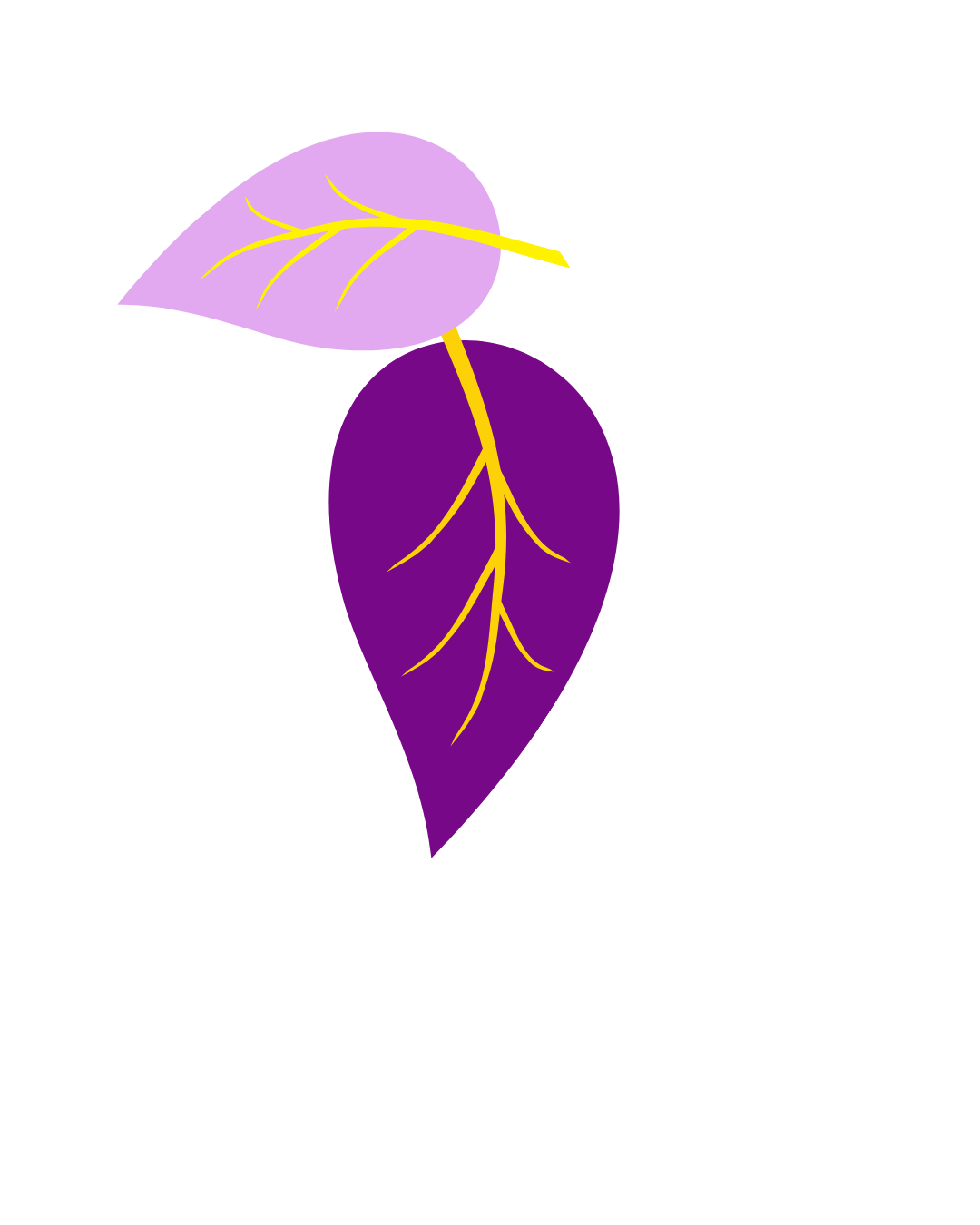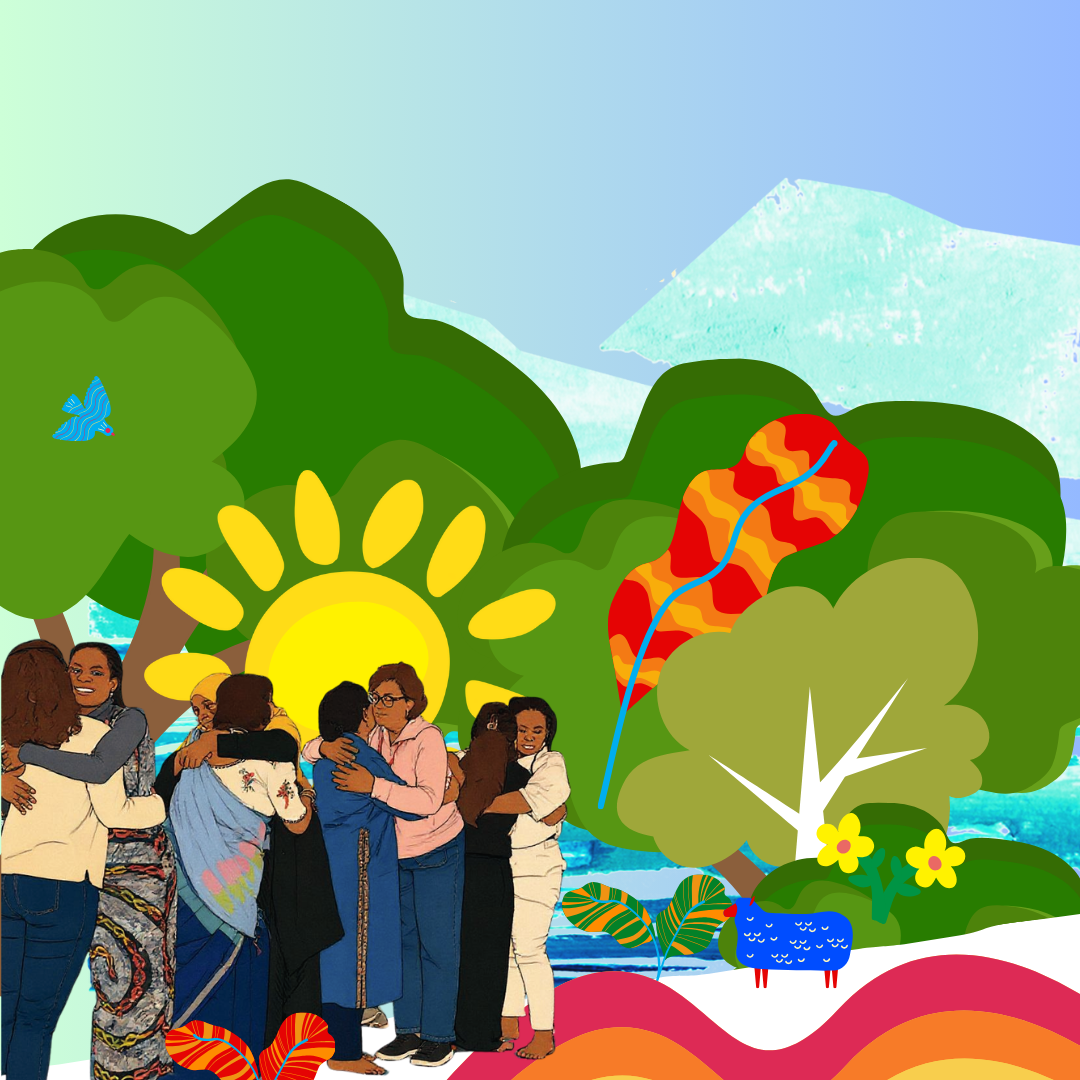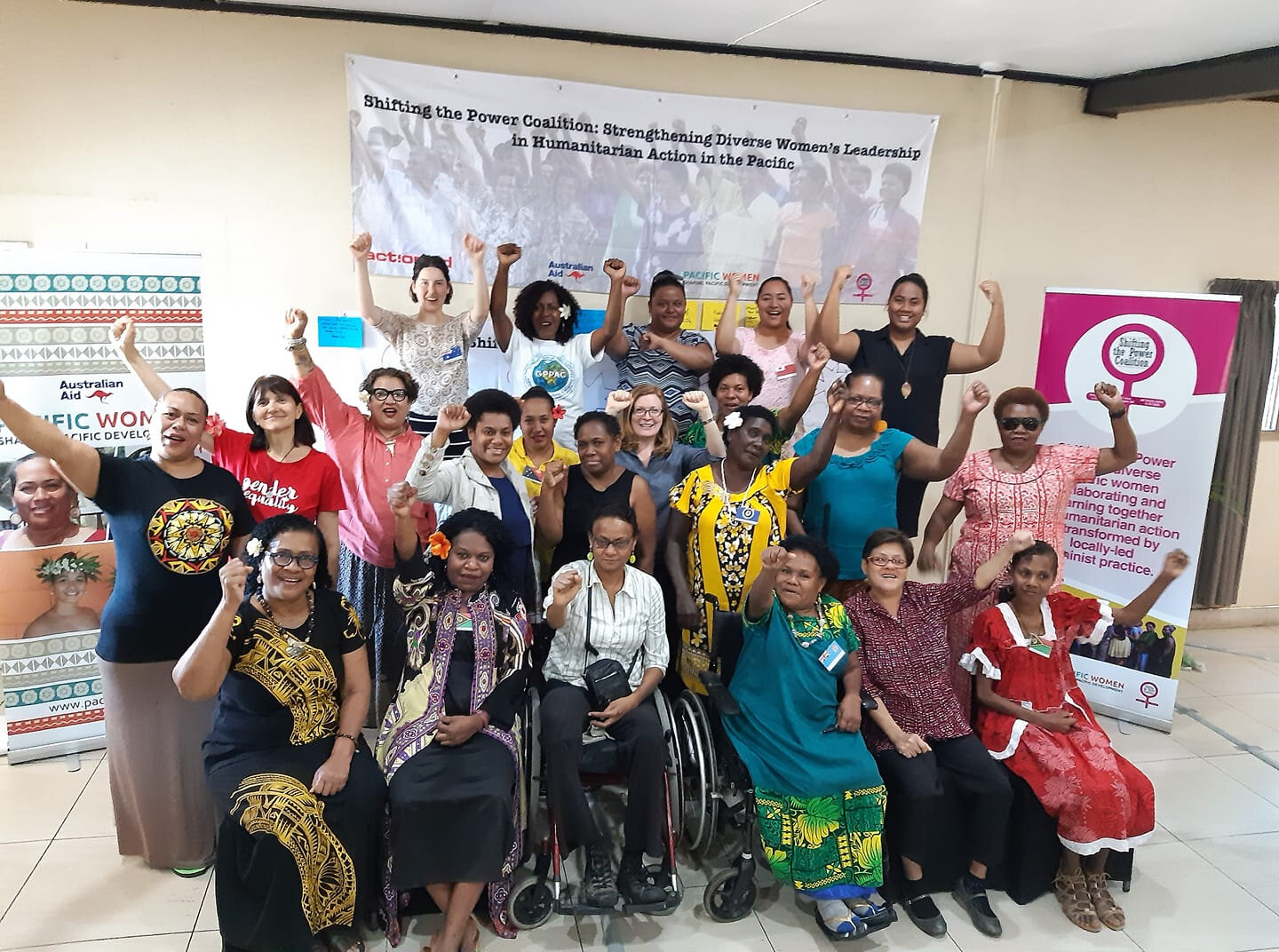Feminist Humanitarian Network
The Feminist Humanitarian Network (FHN) is a global collective of feminist leaders working together to transform the humanitarian system into one that is guided by feminist principles.
Our vision
An intersectional feminist ecosystem in which grassroots and national feminist actors have the power to ensure all women, girls and gender-diverse people’s fundamental human needs are fulfilled before, during, and after crises.
For too long, the needs and rights of women, girls and gender-diverse people have gone overlooked by the humanitarian system, and their leadership and voices have been ignored.
Our goal
To contribute to transforming the current humanitarian system into an intersectional feminist ecosystem, free of the structural inequalities that drive crises, including racism, patriarchy, colonialism and neoliberalism.
Highlights
We were at the recent Grand Bargain Meeting and as a signatory, the FHN added our feminist voice to the space. We write on our reflections, and demands for change at such a critical time in the humanitarian sector.
Feminist Demands for a Just Humanitarian System
Kindness is at the Heart of Feminist Practice
An end-of-year reflection on kindness in practice for feminist movements. At a time when there is so much crisis, uncertainty and pushbacks against rights we have fought so hard to gain, we name kindness - to ourselves and each other - as a grounding strategy for the work ahead.
Feminist Humanitarian Action: Still Holding The Line
As funding cuts threaten frontline feminist and women’s rights organisations leading humanitarian response, this report captures how they are holding ground in the face of crisis and our collective demands for justice.
The Network
Our diverse network is currently comprised of 101 members including: grassroots and national feminist and women’s rights organisations; national and regional feminist and women’s networks; international NGOs, federations and organisations headquartered in the Global North; and individuals.
Together we are working to redress power inequalities within the humanitarian system.
We are committed to maintaining a balance of 70% grassroots/national organisations in the Global South and 30% international NGOs, federations and organisations headquartered in the Global North.
Find out more about the members of The Feminist Humanitarian Network here.
Become a member
Interested in becoming a member of the Feminist Humanitarian Network?













